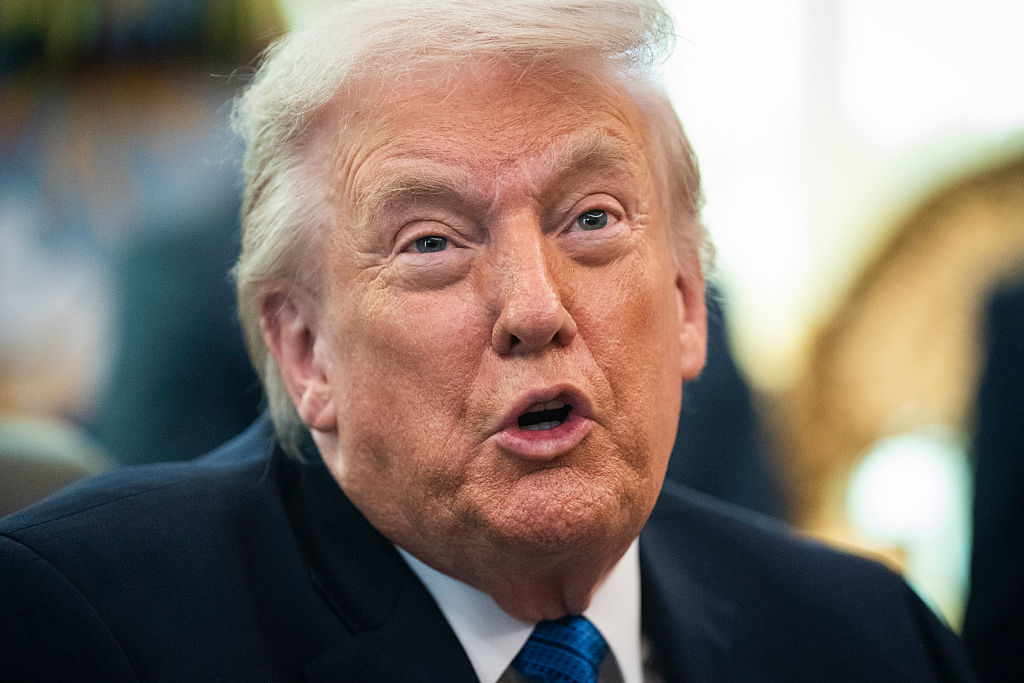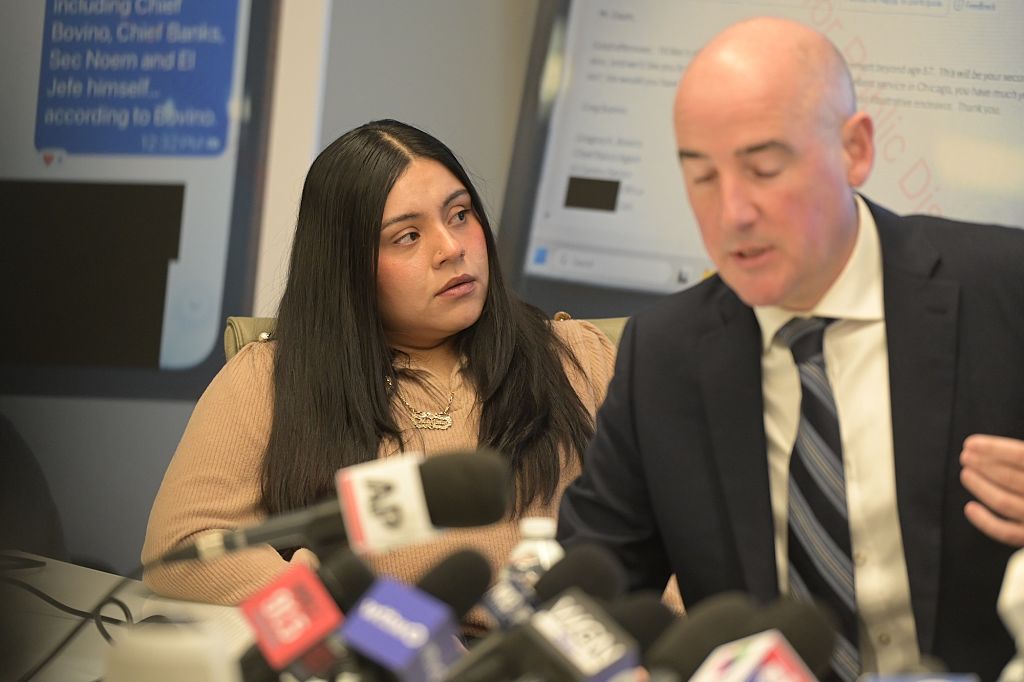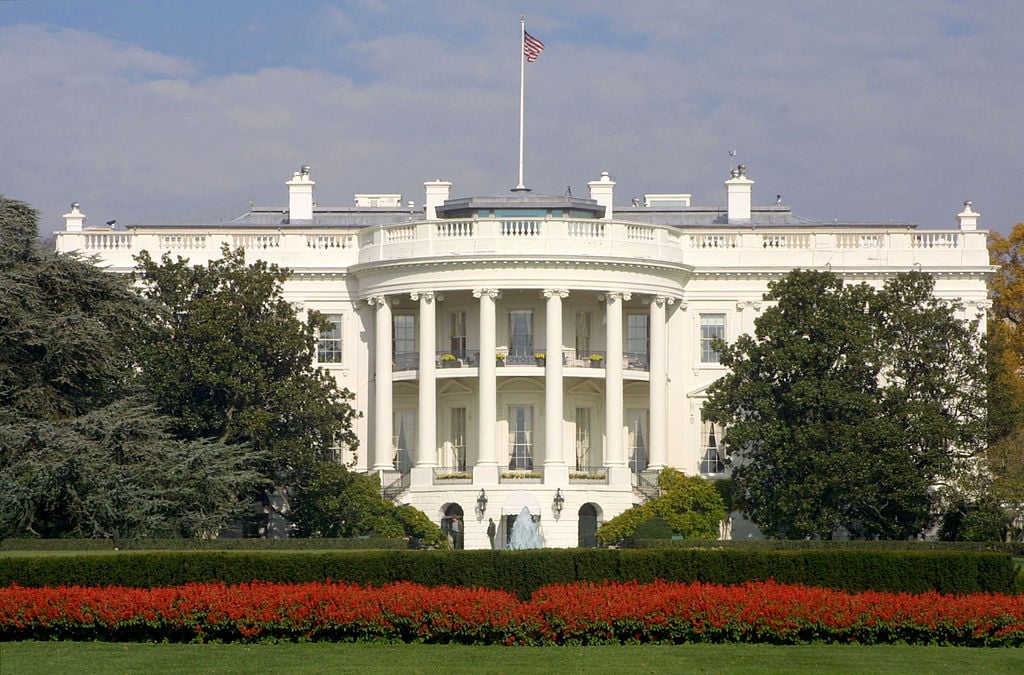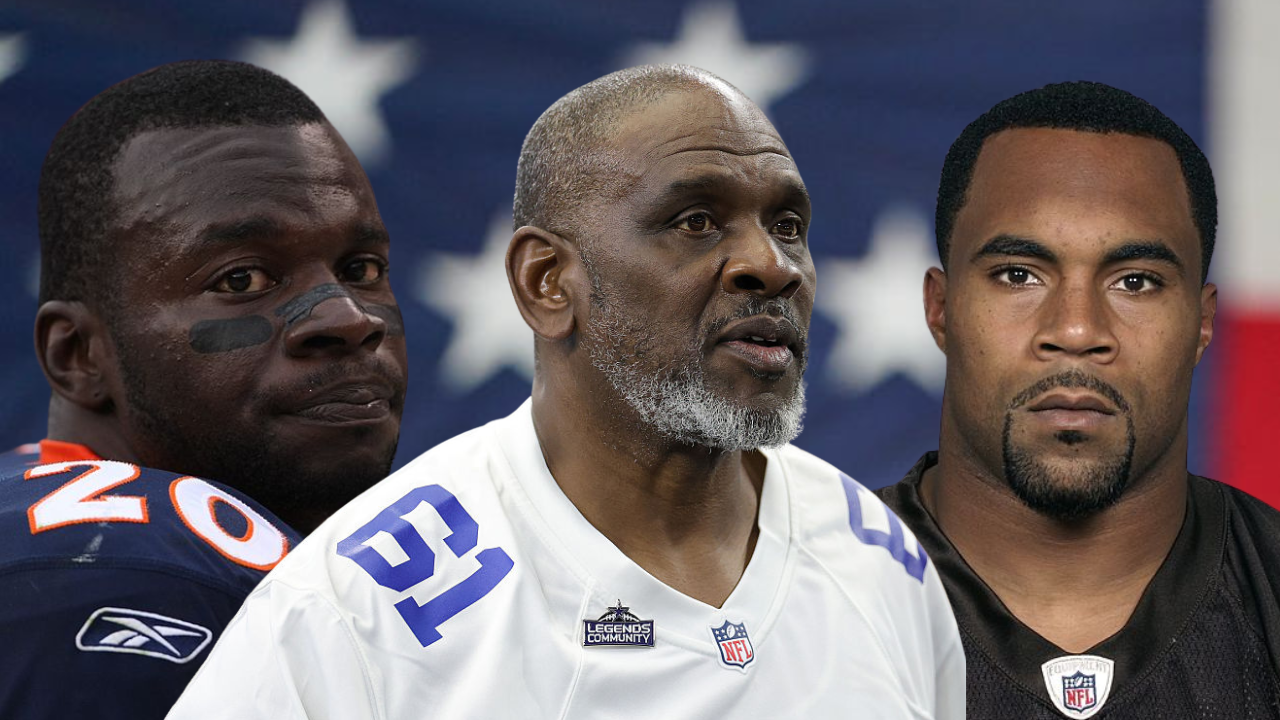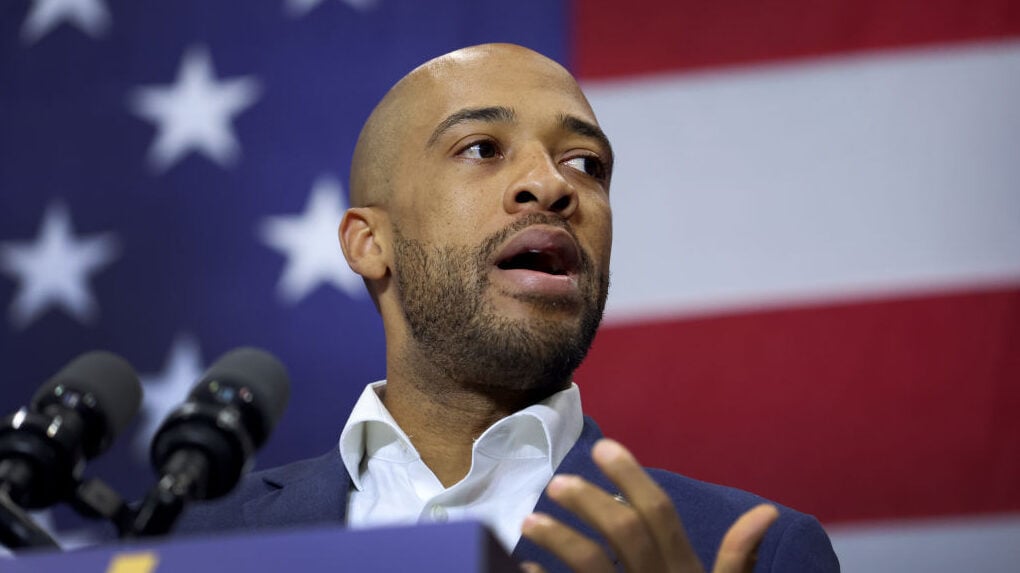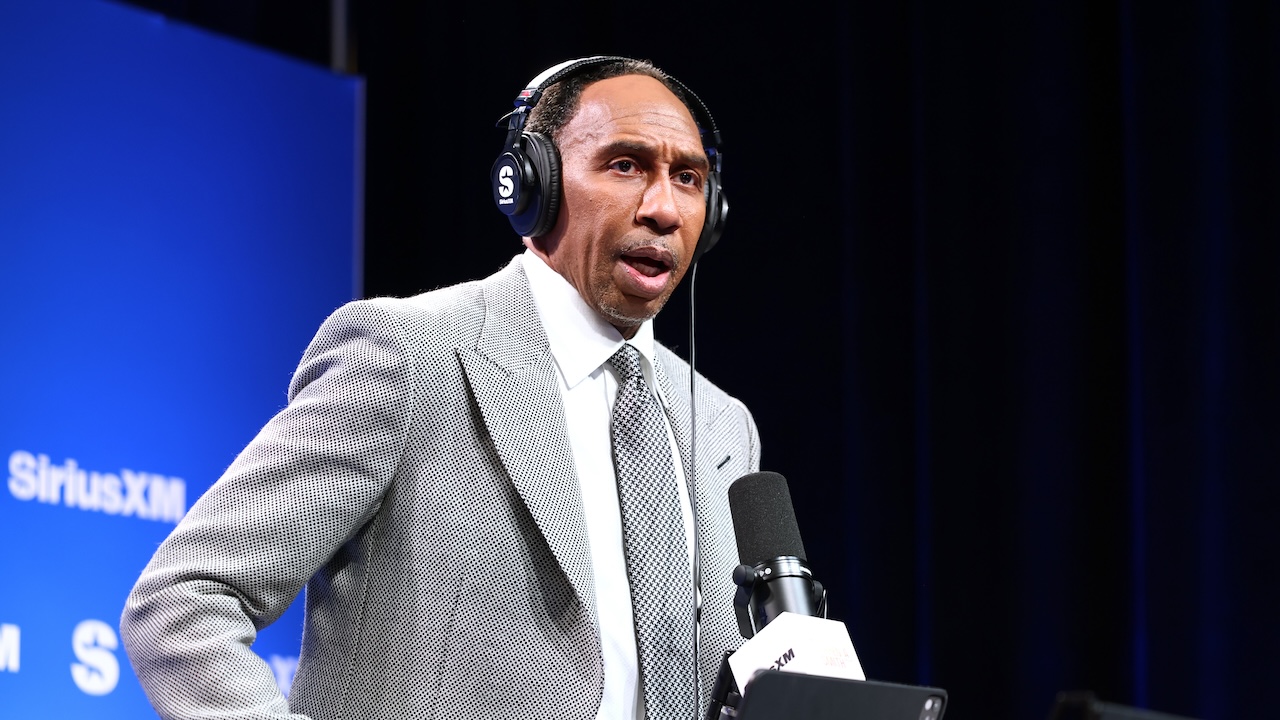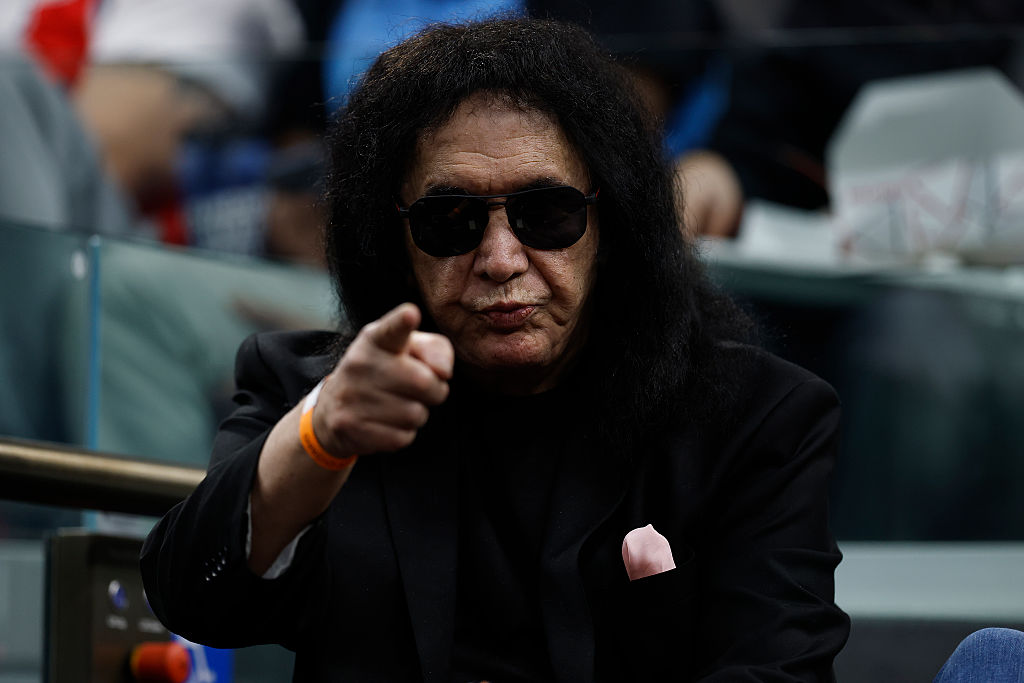Shedeur Sanders has a Cleveland Browns problem

The Cleveland Browns don’t have a Shedeur Sanders problem. Shedeur Sanders, much like any other quarterback drafted or signed to the franchise since it returned to the league in 1999, has a Cleveland Browns problem.
Speaking to the media earlier this week, Browns owner Jimmy Haslam revealed that the franchise’s high-profile, fifth-round selection of the former Colorado and Jackson State quarterback wasn’t his choice.
“Listen. We have [a] good process. If you’d have told me Friday night [Day 2 of the draft] driving home, y’all are going to pick Shedeur, I would have said, ‘That’s not happening,’ ” said Haslam, who with his wife Dee has owned the Browns since 2012. “But we had a conversation early that morning, and we had a conversation later that day. At the end of the day, that’s [Browns general manager] Andrew Berry’s call. Andrew made the call to pick Shedeur.”
Truth serum has been Haslam’s calling card for most of 2025. In March, Haslam admitted quarterback Deshaun Watson’s albatross $230 million fully guaranteed contract was a “big swing and miss.” When asked what he’s learned in his 13 years of owning the team, Haslam’s weapon of choice was self-deprecatory humor.
“You’d think it doesn’t look like much,” he yucked.
Yet, Haslam’s passive-aggressive comments about Sanders’ place on the roster are telling. Haslam didn’t say that because he didn’t think Sanders was going to be available in the fifth round. He said that because he never wanted him there to begin with.
Sanders hasn’t taken his first official snap as a professional, and his career has already had twists and turns. From the combine to the draft, everyone has had an opinion about Shedeur Sanders:
–That his attitude while meeting with teams was part of the reason for his historical slide in April’s draft, making national headlines to the point that the White House addressed the matter.
–That this was all part of a league-wide statement to his father, Deion Sanders, all but saying their last name didn’t wield the power to tell team owners when and where to draft his son.
–Or that maybe Shedeur Sanders wasn’t nearly as talented as his college highlights and eye-popping statistics suggested.
For Shedeur’s part, he has handled the criticism in stride. He’s ingratiated himself within the Cleveland community, and he appears to be taking the uphill battle as part of life in the big leagues, telling reporters earlier this week that he’s grateful for the opportunity to be on a roster. His feelings weren’t hurt after being fourth on the quarterback depth chart because, in Sanders’ words, “I know who I am as a person.”
Ken Blaze-Imagn Images
Shedeur Sanders’ confidence is hereditary. As training camp gives way to actual games, the same confidence that has, in one way or another, been weaponized against him is, in fact, his most useful mental and emotional tool. Sanders clocks into work each day knowing that many co-workers and supervisors would’ve much rather avoided the conversation that comes with him on the roster. Sanders isn’t the first nor last player to enter his first training camp with a chip on his shoulder. But in his case, the chip feels like an entire sack of potatoes. Theoretically speaking, too, there’s this: If Haslam felt comfortable throwing his own general manager under the bus in public, it’s no telling what his most private talks about Sanders sound like.
The NFL, much like any other business in America, operates heavily on networking. Talent is but one of many determining factors; so is the infrastructure in place. There’s no telling how many careers have been derailed or given life based on just how much an owner or general manager likes or dislikes a player. Shedeur Sanders is the latest character in a power struggle that has always existed in America’s most popular and lucrative sports league: the billionaire brokers who sign the checks, the players who make said checks possible, and the razor-thin difference between success and cautionary tale.
Sanders’ arm strength has come into question, and he often held on to the ball too long in college, making him the most sacked quarterback in the country in 2023 and 2024. (Meanwhile, the Browns gave up the second-most sacks in the NFL in 2024.) Suffice to say, Sanders is far from a perfect prospect at the position, though his strengths (accuracy, toughness and leadership) are hard to ignore, too.
But here’s the uncomfortable truth Haslam didn’t address because it’s the worst-kept secret in football: The Cleveland Browns — once dubbed a “factory of sadness” by their own fans — are far more untrustworthy as an organization that can develop quarterbacks than Shedeur Sanders is as a quarterback who needs developing.
Since 1999 (three years before Shedeur Sanders was even born), the Browns have cycled through 40 different starting quarterbacks. Only three times has a quarterback started an entire season — Tim Couch in 2001 and Baker Mayfield in 2019 and 2020. And, since 1999, the team is 141-278-1. The Browns’ current quarterback room could be its own TED Talk in the diversity no fanbase would feel comfortable making hotel reservations for the Super Bowl in Santa Clara, California in February for: two rookies in Sanders and Dillon Gabriel; a journeyman, at best, in Kenny Pickett; one recovering from a torn Achilles (and a irreparable public image) in Watson, and a 40-year-old Joe Flacco.
“[Haslam’s comments] were a testament to what the Browns have been: very inconsistent, especially at the quarterback position,” said Cleveland native and lifelong Browns fan Tremayne Thomas. “I want Shedeur to get a fair shot to play because at this point, we don’t have a lot to lose at the quarterback position. Shedeur was rated higher than [Dillon] Gabriel, and I think he’s better than him overall, but unfortunately, I don’t think Haslam believes in him. I don’t expect too much out of this season. That’s probably gonna end up being the end of Berry and/or [head coach Kevin] Stefanski. So where does that leave Shedeur if Berry isn’t here — the guy that drafted him. I just hope he gets a chance. I’m rooting for him.”
Whether this is all a result of Deion Sanders’ standing around the league and the larger football culture in America is subjective. What’s objective, however, is Shedeur Sanders’ desire to go at this alone. He recently told his Hall of Fame father not to attend Browns’ practice.
“He was like, ‘Dad, I may get three, four reps in practice. I don’t want you seeing that. No, I’m not where I want to be. Let me get where I want to be. …’ He ain’t mad. He ain’t bitter,” Deion Sanders said in an interview with close friend and former Dallas Cowboys teammate Michael Irvin. “He’s like, ‘I got work to do, but I’m going to put in this work. One thing, they’re going to have to let me play. … When preseason comes, watch me work.’ ”
Ken Blaze-Imagn Images
Shedeur Sanders’ proving ground begins Aug. 8 in the Browns’ first preseason game at Carolina. He figures to have two more opportunities to impress in an Aug. 16 game at Philadelphia and the preseason finale at home versus the Los Angeles Rams on Aug. 23. In a matter of weeks, Sanders could win over the Cleveland front office that was divided in drafting him, or he could be a free agent searching for another opportunity in another city before the start of the season.
The adage “beggars can’t be choosers” wasn’t said initially with the Cleveland Browns in mind, but it certainly applies. In an AFC North division with top-tier quarterbacks in Lamar Jackson and Joe Burrow — and the Pittsburgh Steelers thinking Super Bowl with Aaron Rodgers — there’s no team or fanbase more desperate for long-term stability at the game’s most coveted position than the Browns. Yet Cleveland is quarterback purgatory, and this is where Shedeur Sanders hopes to find the next chapter of his football life. To make matters worse, there seems to be people within that organization who are quietly, if not actively, rooting for his downfall.
This is where the Dawg Pound stands on the eve of the Browns’ 2025 season: Sanders is a quarterback with much to prove, but the Browns are a franchise that has repeatedly proven itself, at best, unlucky and, at worst, systemically incapable of advancing young men at the position.
Haslam may feel otherwise, but it sounds like the quarterback — not him — got the short end of the stick.
What's Your Reaction?
 Like
0
Like
0
 Dislike
0
Dislike
0
 Love
0
Love
0
 Funny
0
Funny
0
 Angry
0
Angry
0
 Sad
0
Sad
0
 Wow
0
Wow
0




